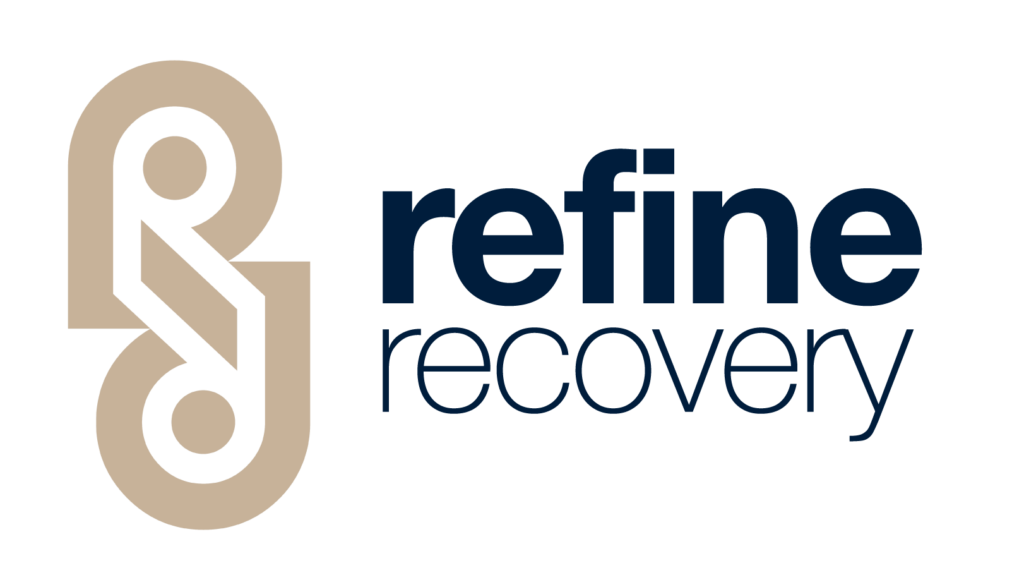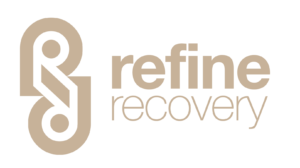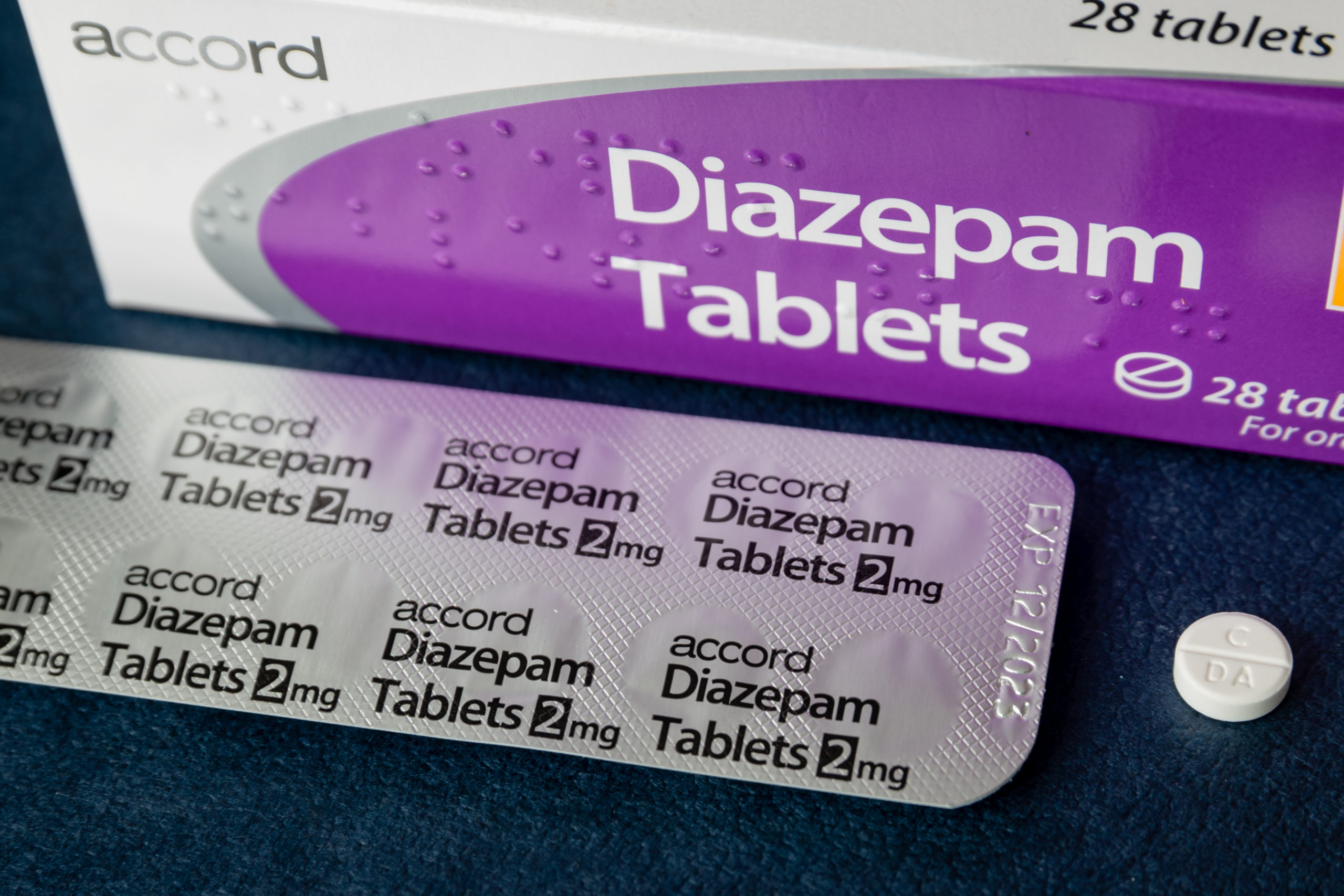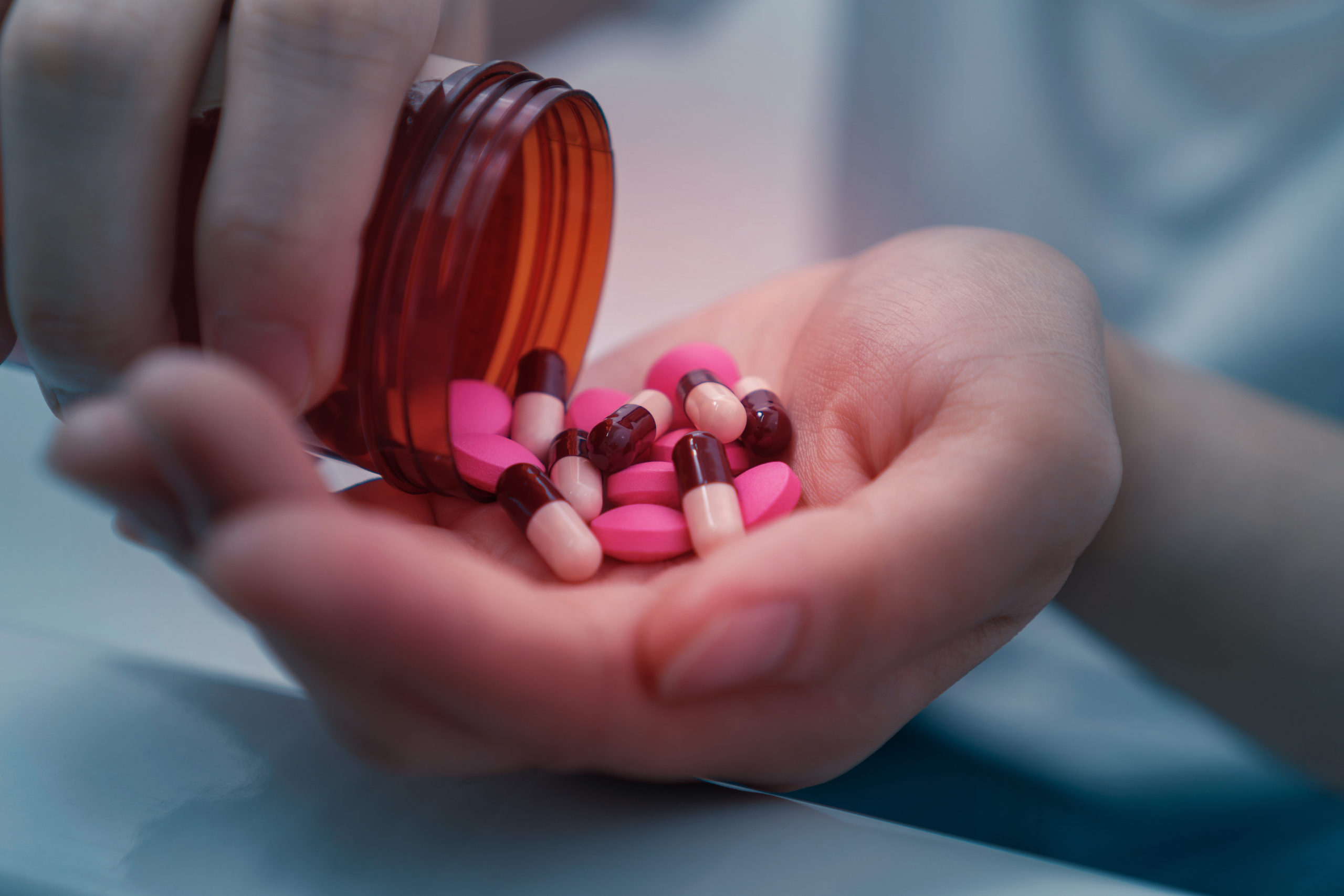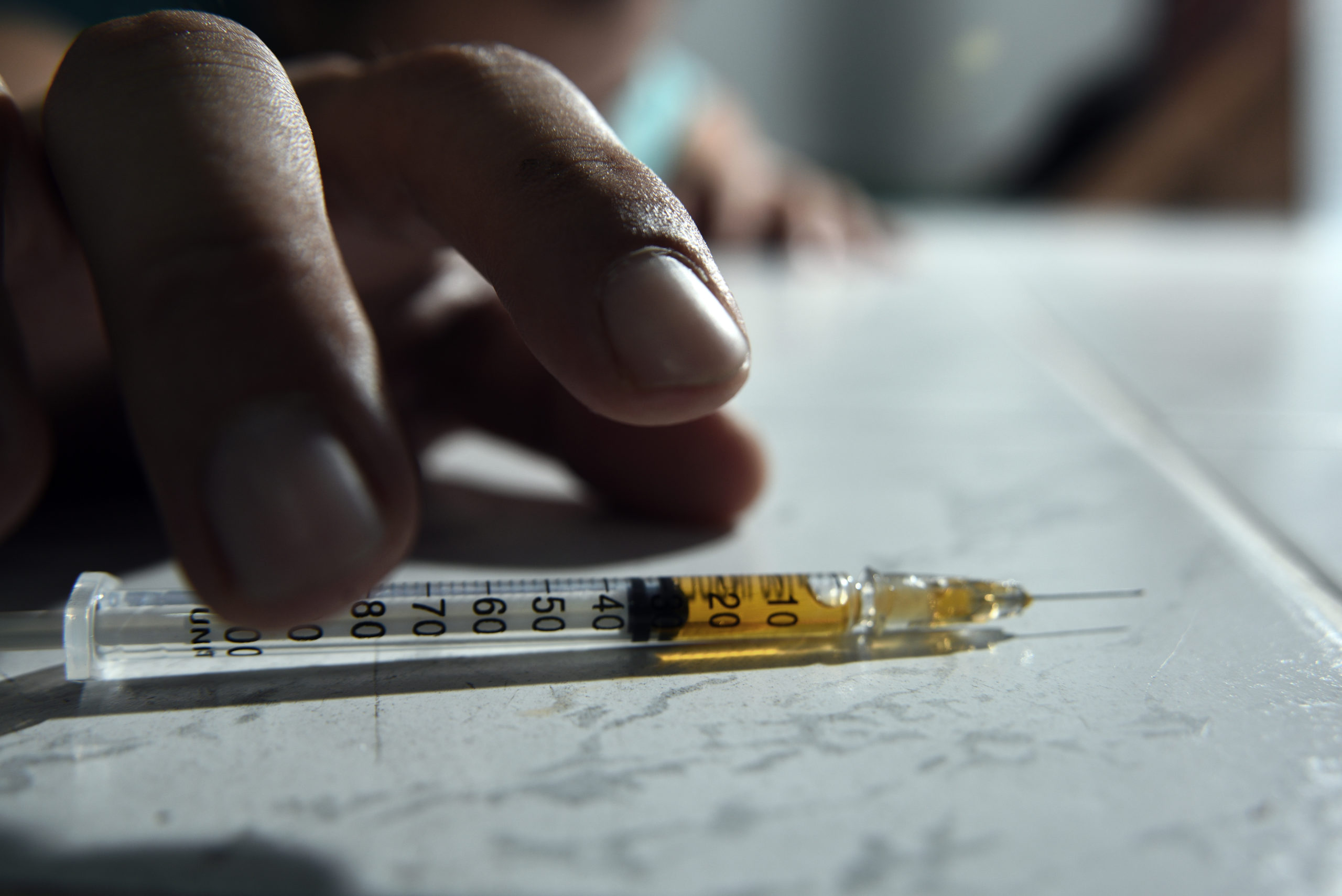The long-term effects of alcohol abuse are long-lasting and can last for months or years if the individual getting help doesn’t learn how to cope with their sobriety early on. Alcohol addiction is a chronic and relapsing disorder that works against an individual at every turn.
Getting help for addiction is challenging, and each individual’s needs can be unique. However, Refine Recovery is here for clients who are ready for change. At Refine Recovery, we offer comprehensive detox and inpatient treatment in Beverly Hills, created to help individuals battle addiction challenges and come out on the other side with a sober future.
Is Alcohol Addictive?
Yes. Alcohol is an addictive substance that intoxicates the body and creates changes in the body’s thought and physical action process. Long-term effects of alcohol abuse include permanent damage and changes to the body’s functions.
Alcohol works as a system depressant. Through this process, alcohol lowers inhibitions causing individuals to interact in risky activities they might otherwise not and say things they may otherwise keep to themselves. The calming depression of the body’s systems brought on by alcohol consumption can create positive feelings for those with anxiety. For example, individuals with social anxiety will often drink alcohol to loosen up and feel less nervous about engaging others in conversation.
Consuming alcohol doesn’t just impact the brain, though. It also affects the body’s processes for diluting and removing toxins. For example, the liver acts to metabolize vitamins and toxins in the body. However, overuse can cause the liver to fail. Additionally, addictive alcohol consumption can damage the kidneys as they work to remove waste from the body.
What are the Signs of Alcohol Abuse?
The signs of alcohol abuse, especially the long-term effects of alcohol abuse, can be challenging to identify, but they are present. Alcohol addiction may start as misuse, but several noticeable instances characterize problematic drinking and maltreatment.
Misuse of alcohol includes consuming it underage, binge drinking, and taking it while consuming contraindicated medications. Unfortunately, misuse of alcohol is common in problematic drinking habits that evolve into addiction. The main difference is that individuals who misuse alcohol and are considered problem drinkers can stop drinking if they feel it is necessary or see the damage it is causing.
Individuals addicted to alcohol will be able to see the damage they’re creating and still won’t be able to stop drinking. The signs of alcohol abuse include interruption of every aspect of an individual’s life. They will struggle in the workplace, at home, and socially based on their access to alcohol.
Because of how it intoxicates the body, individuals addicted to alcohol are often less responsible, more forgetful, more likely to be injured in an accident, more likely to cause accidents, and more likely to get into legal trouble.
How Does Alcohol Effect the Body?
Alcohol impacts the brain and other organs of the body by intoxicating the system. It can affect the brain, esophagus, stomach, kidney, liver, and intestines. Alcohol as a depressant can also impact the lungs and other parts of the digestive system.
Alcohol has been directly linked to several types of cancer, organ failure, and mental health disorders. Its effect on the body is invasive and devastating.
Individuals who consume alcohol often experience bouts of depression. It can also enhance personality disorders like bipolar disorder. Additionally, individuals who frequently drink alcohol excessively have a higher risk of suicidal thoughts and actions.
What are the Long-Term Effects of Alcohol Abuse?
The long-term effects of alcohol abuse are devastating to the body. The constant toxic input slows the organs down and damages them in the process. As a result, individuals addicted to alcohol often have shorter life expectancies and are at a higher risk of needing an organ transplant. According to the National Institute of Diabetes, Digestive, and Kidney Disease, alcoholic liver disease is the top most common cause.
Additionally, individuals who abuse alcohol are more likely to have severe bouts of depression that are not curred when the toxins leave the body and an increased risk of other mental health disorders like bipolar disorder and trauma.
How to Find Alcohol Abuse Treatment
Alcohol abuse treatment is available in your area today. At Refine Recovery, we work to get clients the help they need the day they feel they’re ready. Our expert staff is available and ready to help you on your recovery journey today.
Refine Recovery is a comprehensive rehab center in Beverly Hills ready to help you today. Contact Refine Recovery today to learn about our Beverly Hills detox and addiction treatment programs.
